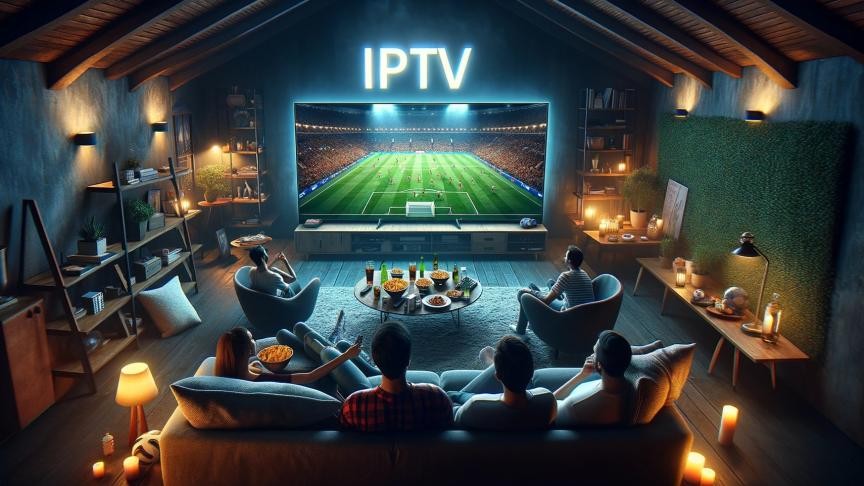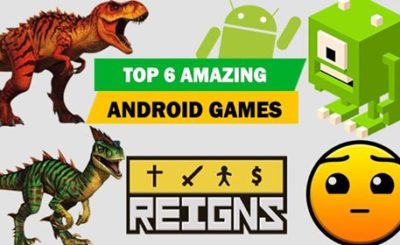Inleiding
In onlangse jare, the way we consume television has undergone a profound transformation. Internet Protocol Television (iptv nederland) has emerged as a key player in this evolution, providing viewers with a flexible and dynamic way to access their favorite content. Unlike traditional cable or satellite television, which relies on specific broadcasting methods, IPTV delivers television programming through the internet. This article will explore what IPTV is, how it works, its advantages, challenges, and its future in the television landscape.
What is IPTV?
IPTV stands for Internet Protocol Television, a system that allows users to stream television programs and videos through their internet connection. IPTV uses a packet-switched network to transmit data, making it different from traditional broadcasting methods like cable or satellite, which use a circuit-switched system. This technology enables viewers to access content in real-time and on-demand, catering to their viewing preferences.
How Does IPTV Work?
IPTV operates by converting television signals into data packets, which are then transmitted over an internet connection. Here’s a simplified breakdown of the process:
- Content Acquisition: IPTV providers acquire content from various sources, including live broadcasts, video-on-demand libraries, and digital recordings.
- Encoding: The content is encoded into a digital format suitable for streaming. This step compresses the data to ensure efficient transmission without compromising quality.
- Delivery: The encoded content is sent over the internet to users. IPTV can be accessed through various devices, including smart TVs, smartphones, tablette, and dedicated IPTV set-top boxes.
- Decoding and Display: Once the data reaches the user’s device, it is decoded and displayed on the screen, allowing viewers to watch their chosen programming.
Advantages of IPTV
- On-Demand Content: One of the most significant advantages of IPTV is the ability to access content on-demand. Viewers can choose what they want to watch, when they want to watch it, without being tied to a fixed broadcast schedule.
- Variety of Content: IPTV offers a vast array of channels and programs, including international content that may not be available on traditional cable services. This diversity allows users to explore and discover new programming.
- Interactive Features: Many IPTV services provide interactive features such as catch-up TV, where users can watch shows they missed, and the ability to pause, rewind, and record live television.
- Cost-Effectiveness: IPTV can be more cost-effective than traditional cable packages. Many providers offer flexible pricing options and bundling of services, such as internet and phone, leading to potential savings for consumers.
- Multi-Device Compatibility: IPTV can be accessed on various devices, providing flexibility for viewers. Whether at home or on the go, users can stream their favorite shows and movies on smartphones, tablette, laptops, and smart TVs.
Challenges Facing IPTV
Despite its numerous advantages, IPTV faces several challenges:
- Internet Dependency: IPTV relies heavily on a stable and high-speed internet connection. Poor connectivity can lead to buffering, pixelation, or interruptions in service, negatively impacting the viewing experience.
- Legal and Regulatory Issues: IPTV providers must navigate complex legal landscapes regarding licensing and copyright. Unauthorized streaming of content can lead to legal ramifications for both providers and users.
- Quality of Service: The quality of IPTV service can vary widely based on the provider and infrastructure. Some services may struggle to deliver consistent quality, particularly during peak usage times.
- Competition: The rise of streaming services like Netflix, Hulu, and Disney+ presents fierce competition for IPTV providers. To stay relevant, IPTV services must continually innovate and offer unique features.
The Future of IPTV
As technology continues to evolve, the future of IPTV looks promising. The growing adoption of 5G technology is expected to enhance internet speeds and reduce latency, making IPTV services more reliable and efficient. Daarbenewens, advancements in artificial intelligence and machine learning could lead to more personalized viewing experiences, where recommendations and content discovery are tailored to individual preferences.
Verder, the integration of IPTV with smart home technology could provide viewers with more interactive and engaging experiences. Voice-controlled streaming, integration with other smart devices, and enhanced user interfaces are just a few possibilities on the horizon.
Afsluiting
IPTV represents a significant shift in how we consume television content, offering flexibility, variety, and interactivity. While challenges remain, the ongoing evolution of technology and consumer preferences positions IPTV as a key player in the future of entertainment. As viewers increasingly seek personalized and on-demand experiences, IPTV is likely to become a cornerstone of the television landscape, shaping how we watch and enjoy our favorite programs for years to come.







